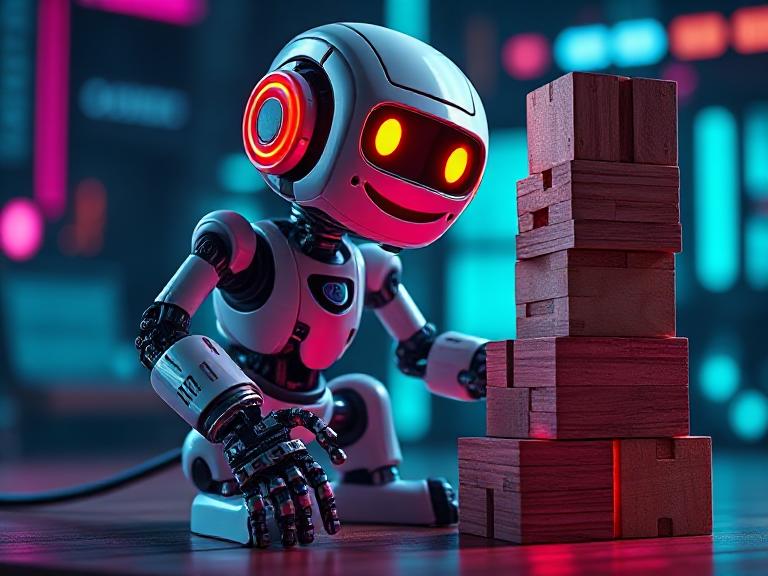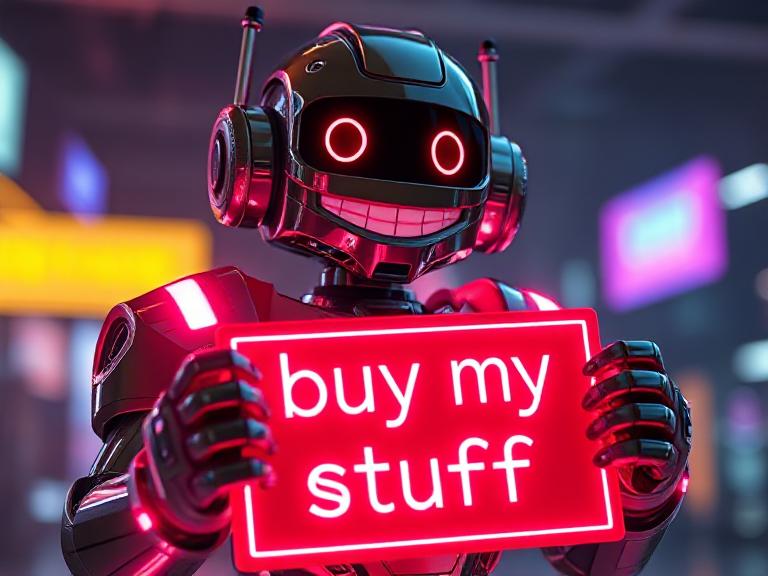AI vs Human: When Should Small Businesses Automate Tasks?
Introduction
In today’s fast-paced business world, small business owners are constantly balancing time, budget, and performance. With artificial intelligence (AI) becoming more accessible and affordable, many are asking: should I let AI handle this task, or keep it human?
Understanding the right time to automate can save you countless hours and boost your bottom line. In this guide, we’ll explore when automation is a smart move and when the human touch still matters most — all while keeping your business lean and efficient.
Understanding AI Automation
AI automation refers to using software powered by artificial intelligence to perform repetitive or complex tasks with little to no human intervention. These tasks can range from customer support to marketing, data analysis, appointment scheduling, and more.
For small businesses, AI offers the promise of increased productivity and reduced costs — often without the need for hiring extra staff. The key is knowing which tasks to automate and which need your personal attention.
When to Choose AI Over Humans
1. Repetitive and Time-Consuming Tasks
If a task is performed frequently and requires little creative thinking — such as data entry, invoicing, or responding to basic customer queries — it’s a strong candidate for automation. Tools like Zapier or QuickBooks with AI features can handle these smoothly.
2. Customer Support Triage
AI chatbots like Tidio or Zendesk AI can handle the first layer of customer support by answering FAQs, providing basic instructions, or routing requests to the right department. This saves your team valuable time and allows them to focus on complex issues.
3. Marketing and Social Media Scheduling
Using AI tools like Lately.ai or Buffer with AI assistant, you can generate content ideas, schedule posts, and analyze engagement — all without manually logging into each platform daily.
When to Keep It Human
1. Tasks Requiring Emotional Intelligence
Situations like handling sensitive customer complaints, closing a sale, or conducting interviews require empathy, nuance, and trust. These are best left to humans — AI simply doesn’t understand emotions the way we do.
2. Strategic Planning and Decision-Making
AI can provide insights, but it can’t replace your business intuition. When it comes to setting goals, negotiating deals, or brainstorming new product ideas, your personal experience and judgment are irreplaceable.
3. Brand Voice and Personal Connections
AI can generate content, but humans still excel at capturing brand tone and storytelling. If your business thrives on personal branding or authenticity (like coaching or boutique services), keep the human voice front and center.
Case Study: How a Bakery Used AI to Save Time
Sweet Slice Bakery, a small, family-run business in Texas, struggled to manage social media and order tracking. They implemented ManyChat to automate their customer service DMs on Instagram and Canva’s AI tools for quick content creation.
The result? They saved over 12 hours a week and increased customer satisfaction by 25%, all without hiring a marketing assistant.
Choosing the Right AI Tools
Here are some of the best AI tools for small businesses looking to automate affordably:
-
Zapier – Automates workflows between apps
-
Lumen5 – AI-powered video creation
-
QuickBooks AI – Smart financial tracking
-
Copy.ai – Automates marketing copywriting
-
Otter.ai – Transcribes meetings and voice notes
These tools are designed to save time with AI and are user-friendly, even for non-tech-savvy entrepreneurs.
FAQ
Q1: Is AI automation expensive for small businesses?
Not necessarily. Many AI tools offer free plans or affordable tiers tailored to small teams.
Q2: Will AI replace my staff?
No — AI is meant to support your team by handling repetitive tasks, not eliminate jobs that require human intelligence.
Q3: How do I know if a task should be automated?
If the task is repetitive, rules-based, and time-consuming, it’s likely a good candidate.
Q4: Do I need coding knowledge to use AI tools?
Most modern AI tools are no-code and built for everyday users.
Q5: What industries benefit the most from AI automation?
Retail, marketing, customer service, real estate, and even food services are seeing major benefits from AI automation.
Final Thoughts and Action Step
The future of small business is smart, lean, and automated — when it makes sense. By leveraging AI wisely, you can scale without burning out or breaking the bank.
Action Step: Pick one task you do weekly that’s repetitive. Try automating it today using a free AI tool like Zapier or Tidio and see the difference.



